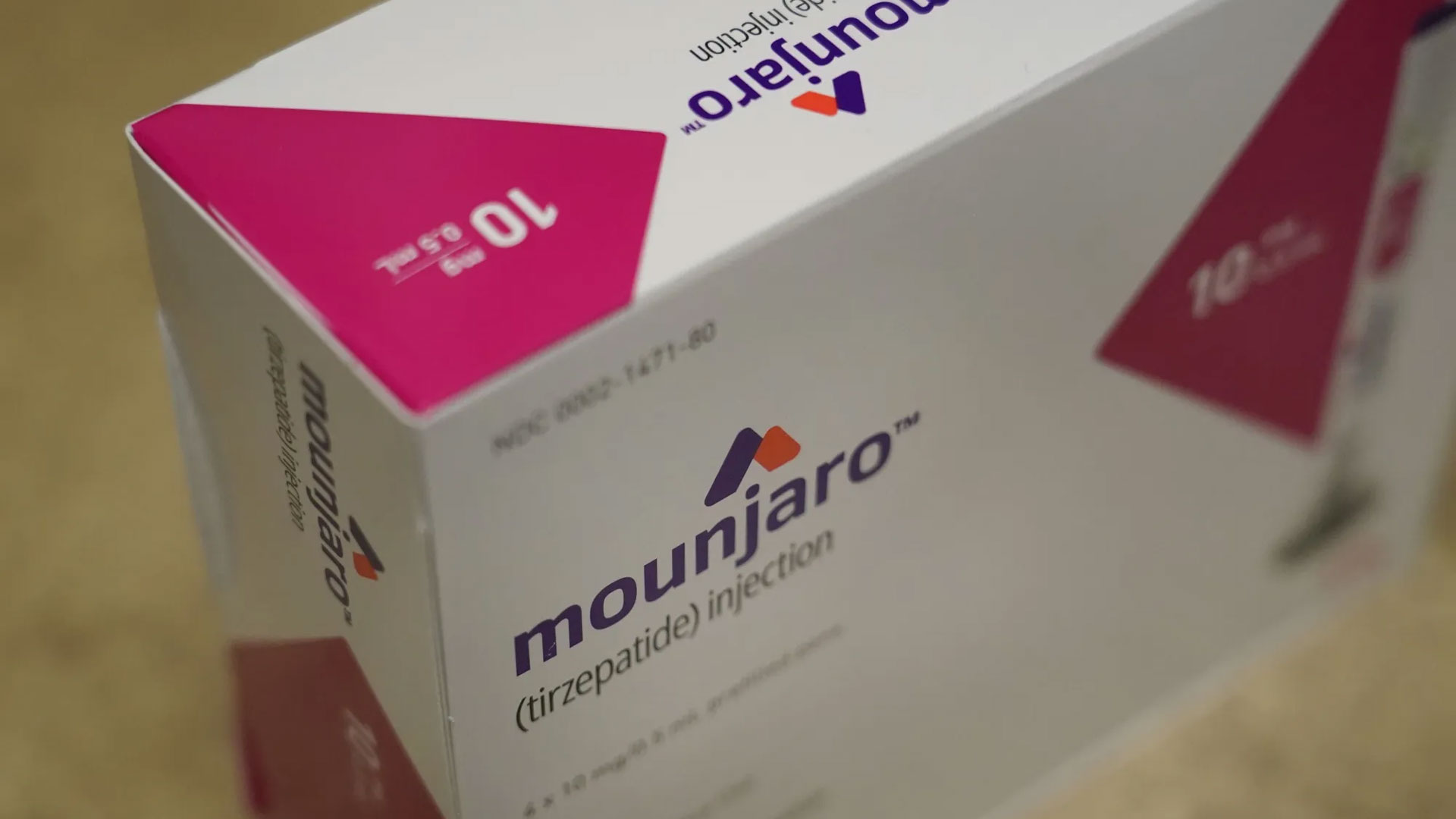Mounjaro (tirzepatide) has developed as an important development in the treatment of type 2 diabetes and, for some individuals, weight loss. Its benefits come from its behavior as a dual GIP and GLP-1 receptor agonist, which benefits both blood sugar management and satiety. However, like all medications, Mounjaro can come with a range of side effects, some common and others more serious. Understanding and effectively managing these side effects of Mounjaro is crucial for a safer and more comfortable treatment journey.
This comprehensive guide will delve into the various Mounjaro side effects, offering practical tips and strategies for mitigation, and emphasizing when to seek medical attention.

Common Mounjaro Side Effects and How to Cope
Most people beginning Mounjaro will have some gastrointestinal side effects, particularly at the beginning of therapy or at dose escalation. These are usually mild to moderate and should improve as your body gets used to the medication.
Nausea and Vomiting
Nausea is likely the most common side effect reported. It varies from a light queasiness to more severe sensations that can induce vomiting.
Tips for Management
Eat small meals: Rather than eating three large meals, try taking smaller meals more frequently during the day. This will help your stomach from getting too full.
Eat Slowly: Enjoy your food and eat leisurely to facilitate digestion.
Stay Hydrated: Drink clear liquids such as water, herbal teas (ginger or peppermint tea is often useful), or electrolyte solutions during the day, especially if vomiting happens, to avoid dehydration.
Select Bland Foods: Select bland foods like toast, crackers, rice, bananas, and baked or boiled chicken. Greasy, fatty, hot, or pungent food should be avoided since they may make nausea worse.
Fresh Air: A fresh change of air or participating in some distracting activity might provide relief from nausea.
Over-the-Counter Medications: Your pharmacist can suggest anti-sickness medications if self-help techniques are not enough.
Diarrhea and Constipation
These are also frequent gastrointestinal Mounjaro side effects, indicating how the drug works on your gut.
For Diarrhea
Hydration is Key: Drink lots of fluids to restore lost electrolytes.
Avoid Irritants: Avoid caffeine, alcohol, highly sugary beverages, and high-fiber foods for a while until the symptoms subside.
Medication: Anti-diarrheal medications available over the counter, such as loperamide, may provide relief, but ask your pharmacist or physician first.
For Constipation
Increase Fiber Intake: Gradually add more fiber-rich foods to your diet, including fruits, vegetables, and whole grains.
Increase Fluid Intake: Drinking enough water is crucial to assist in softening stools and stimulating bowel movements.
Normal Physical Activity: Mild exercise, such as walking each day, may stimulate your digestive system.
Indigestion, Heartburn, and Burping
Mounjaro may delay gastric emptying, causing indigestion, heartburn, and more burping.
Tips for Management
Smaller Meals: Have smaller, more regular meals to decrease pressure on the stomach. Avoid Trigger Foods: Restrict spicy, fried, acidic, or extremely fatty foods, and caffeine and alcohol.
Stay Upright: Stay upright for at least 2 hours after meals.
Elevate Head: If nighttime heartburn is a problem, raise your head and upper body during sleep.
Antacids: Your doctor may prescribe acid-reducing medications for ongoing problems, or over-the-counter antacids to neutralize stomach acid.
Headaches and Fatigue
Some people can develop headaches and a general sense of tiredness or fatigue.
For Headaches
Stay Hydrated: Dehydration is a common cause of headaches, so drink plenty of fluids. Pain Relief: Over-the-counter painkillers such as paracetamol or ibuprofen (after a visit to your GP).
Rest: Rest in a dark, quiet room if the headache is severe.
For Fatigue
Get Prior Sleep: Target adequate and quality sleep.
Healthy Diet: Have balanced and nutritious meals to support energy levels.
Light Exercise: Do gentle exercise, like walking or yoga, to enhance energy.
Injection Site Reactions
Localized mild reactions at the injection site, including redness, pain, swelling, or itching, are fairly common.
Management Tips
Rotate Sites of Injection: Change location of your injection every week (thigh, abdomen, or upper arm) to reduce irritation.
Cold Compress: Use a cold compress or ice pack on the affected area after injection. Antihistamines: Antihistamine tablets or creams available over the counter will help alleviate itching.
Severe Side Effects of Mounjaro and When to Seek Immediate Medical Care
Though less frequent, there are some Mounjaro side effects that are serious and need immediate medical attention. It is important to recognize these and call your health care provider immediately if you have any of the following:
Severe Stomach Pain: This can be a symptom of pancreatitis or gallbladder issues. The pain can spread to the back and be followed by vomiting.
Allergic Reactions: Trouble breathing, swelling of your face, lips, tongue, or throat, severe rash, or racing heartbeat.
Low Blood Sugar (Hypoglycemia): Particularly if you are also on other diabetes drugs such as sulfonylureas or insulin. Signs and symptoms of hypoglycemia include dizziness, sweating, confusion, headache, blurred vision, slurred speech, shakiness, anxiety, or irritability.
Signs of Kidney Problems: Weakness, decreased urination, or confusion, which can result from severe dehydration due to vomiting or diarrhea.
Vision Changes: Any new or worsening vision problems.
Thyroid Tumors, including Cancer: Mounjaro has a boxed warning regarding the risk of thyroid C-cell tumors. Report any lump or swelling in your neck, hoarseness, or difficulty swallowing.
Minimising the Risk of Mounjaro Side Effects
A number of proactive measures can assist in reducing the risk and severity of Mounjaro side effects:
The treatment with Mounjaro often starts with a low dose (e.g., 2.5 mg weekly) and is increased over time. This titration allows your body to accommodate the drug, lessening the severity of initial side effects. Do not raise your dose without your physician’s advice.
Open Communication with Your Doctor: Share any issues or side effects you have with your health care provider. They can provide individualized guidance, change your dosage if needed, or try another treatment.
Hydration and Nutrition: Having good hydration and a balanced diet with controlled portions can make a big difference in how you handle the medication.




















































